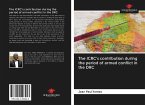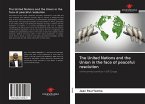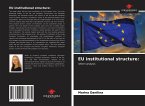The popularity of the neopatrimonial concept can be explained by the inability of the transitory theory to explain the nature of the political processes of the second half of the 20th century in countries that seemed to have taken the path of modernization. The ambiguity of the ongoing political and economic transformations that began at the end of the last century with the collapse of the Soviet Union has drawn attention to the post-Soviet states, both domestic and foreign political scientists in the field of neopatrimonial theory.The author of the book holds a different position from the representatives of the neopatrimonial theory in explaining the informal institutions rooted in the systems of public administration in the post-Soviet space. According to his view, the explanation of such institutions should be exempt from neopatrimonial interpretation. This will make it possible to develop a "correct language" capable of describing the post-Soviet political and administrative environment more objectively.
Hinweis: Dieser Artikel kann nur an eine deutsche Lieferadresse ausgeliefert werden.
Hinweis: Dieser Artikel kann nur an eine deutsche Lieferadresse ausgeliefert werden.








